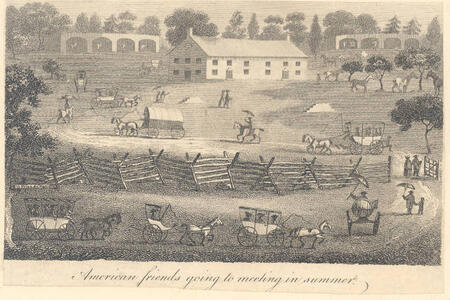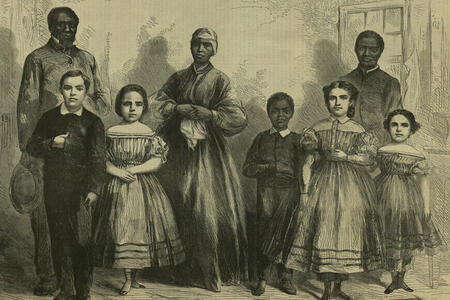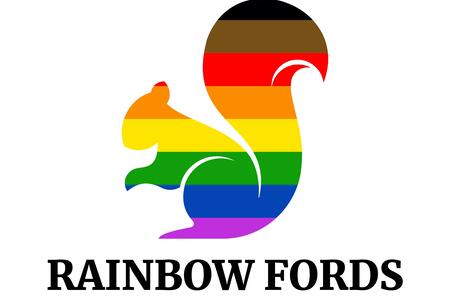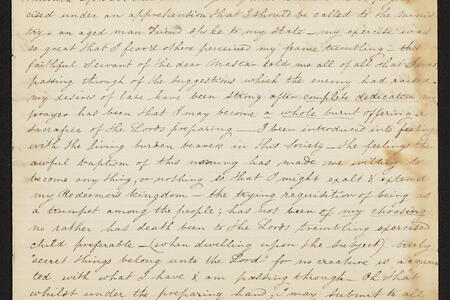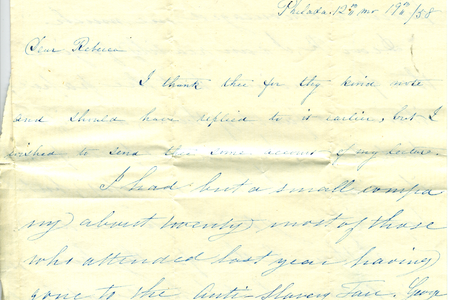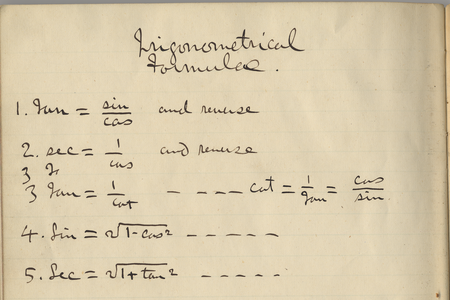370 Lancaster Avenue
Haverford, PA 19041
The Haverford College Libraries support the educational mission of the College with an unrelenting commitment to excellence—for the institution, the students, the faculty, and the staff—through our collections, instruction, and services.
Haverford College Libraries aim to create descriptions that are inclusive and respectful to those who are represented in and use our collections. Read our full statement. If you encounter language in catalog records, digital collections, or finding aids that you find harmful or offensive, please email library@haverford.edu.

